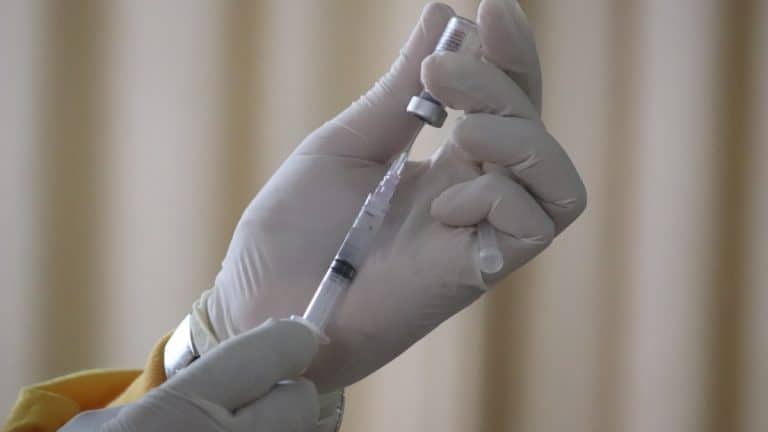
A good travel organisation also includes having you examined by a doctor before your trip. Indeed, before leaving your hometown, it is highly recommended visiting your doctor to ensure your good health. This will help you avoid possible health risks in Australia and make the most of your adventure. When travelling overseas, you must make sure you’ve had the right vaccinations first. We tell you more in this article.
Table of Contents
Up-to-Date Vaccinations
Common vaccines
Vaccinations are an important topic. Well before your departure for Australia, we advise you to visit your General practitioner. He will be able to provide recommendations for your vaccinations and check if any need renewing. If it’s necessary to renew certain vaccines before your departure, it’s important to do so as early as possible. Indeed, some vaccines take time to develop their protective effect, and others may be incompatible with each other.
Some vaccines require multiple injections, which can only be administered at intervals of several months. For example, if you receive a vaccine against hepatitis, you’ll get a first shot, then another one a month later. Finally, the last one will be administered six months later. Only then will the vaccine be fully effective. Moreover, you may need to update a number of vaccines. Therefore, we advise you to start making inquiries at least six months before your departure abroad.
Covid Vaccine
It’s not necessary to be vaccinated against Covid-19 to enter Australia. You only need a valid visa and passport to visit Australia. As a reminder, no PCR test is required to enter Australia.
Which vaccines do you need to travel to Australia?
Luckily, Australia is a very low risk country. There are very few diseases that you could snag here, and it’s hard to catch them. However, if you intend to make a stopover for several days or weeks on your way or return flight. You should do your research first. South America and Central Africa still have yellow fewer risks.
Even if there are no prescribed vaccines for Australia, you should still have all standard vaccinations refreshed. These are vaccines that you usually have received as a child anyway, however, if you haven’t, you should get them before you visit Australia. The country has mainly exterminated these diseases from its people, so don’t bring it back!

The standard vaccinations are:
- Tetanus
- Diphtheria (upper respiratory tract infection)
- Pertussis (whooping cough)
- Polio (polio)
- Mumps
- Measles
- RubellaInfluenza (flu)
- Pneumococci (serious infectious disease)
- Hepatitis A (infectious jaundice)
- Hepatitis B (highly infectious liver inflammation)
In addition, it is recommend to have the following vaccinations:
- Tick-borne encephalitis if you plan to go to Northern Australia or to rural areas.
- Rabies, which occurs in rural areas.
These vaccinations in Australia are recommended because backpackers usually travel under very simple conditions. In addition, many backpackers decide to do a trip to Indonesia. Bali, where rabies still present, is only a short flight away from Australia.
The international certificate of vaccination
If you do not have a vaccination certificate or have lost yours, you will receive the international vaccination certificate (Yellow Booklet) at every health office. Your vaccination record will include all previously received vaccinations and their dates. This booklet will allow you to keep up to date with your vaccinations and be sure you are not missing any injections in the future, no matter where you are.
Some countries require proof of vaccination against specific diseases as a condition of entry. When entering certain countries, such as Africa or South America ones, an international vaccination certificate is mandatory. Your certificate should be multilingual.
Frequently asked questions
The vaccines you need depend on your health status, age, and the length of your stay. However, it’s advised to ensure that your routine vaccinations are up-to-date, especially those against measles, rubella, pertussis, chickenpox, influenza, and hepatitis A and B.
Risks vary depending on the region you visit in Australia. For example, if you’re exploring remote or bush areas, it might be recommended to protect yourself against snake bites or other region-specific dangers. It’s advisable to consult a healthcare professional before traveling to remote areas.
Australia is generally a safe country in terms of health, but it’s important to be aware of potential risks, including exposure to intense sun, disease-carrying insects, and swimming conditions. Taking appropriate precautionary measures, such as using sunscreen, insect repellent, and monitoring beach conditions, is recommended.
The requirements for Covid-19 vaccination can change. Currently, Covid-19 vaccination is not mandatory for entry. It’s recommended to consult Australian authorities and your airline for specific requirements at the time of your travel.


























